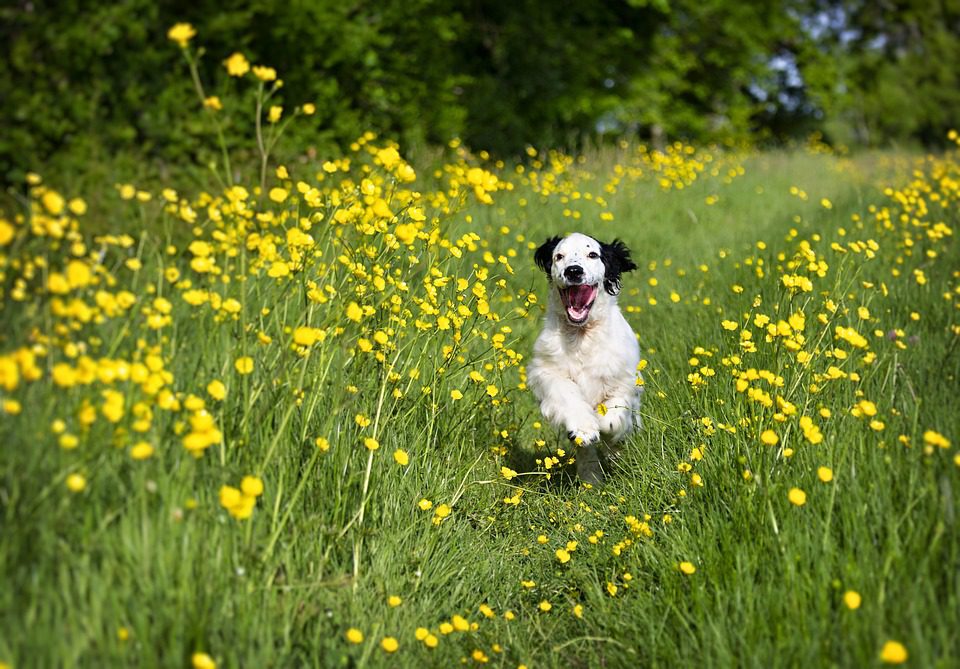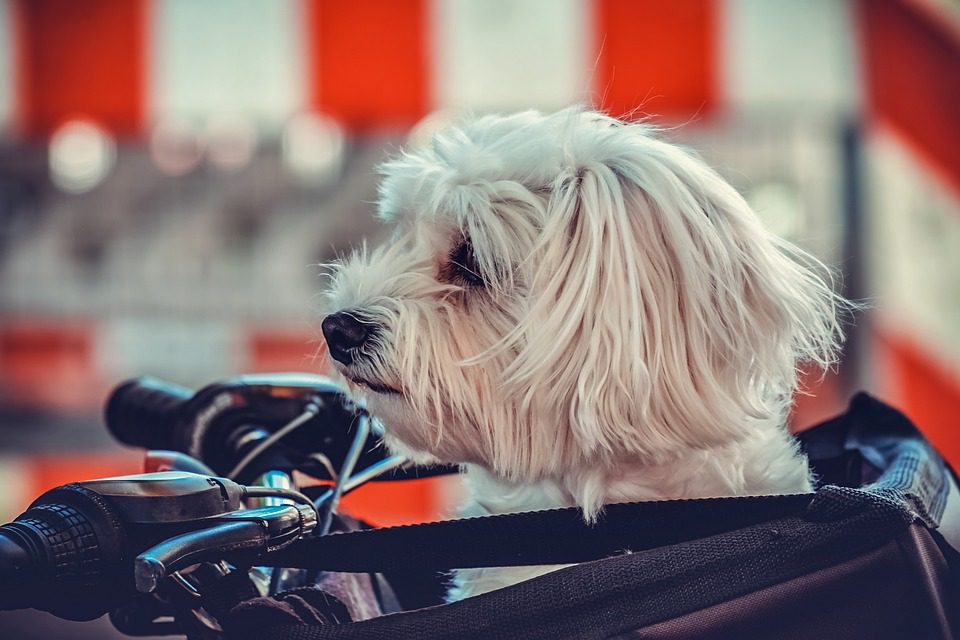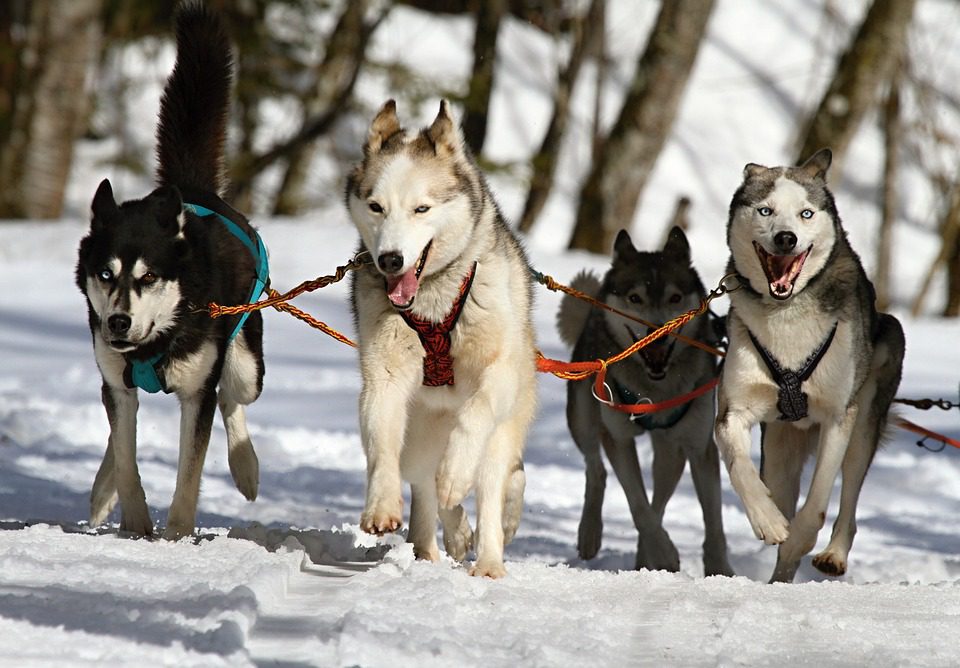Do King Charles Cavaliers have anxiety? This is a common question among pet owners, especially those considering welcoming a King Charles Cavalier into their home. While it is true that all dogs have the potential to suffer from anxiety due to a variety of factors, the King Charles Cavalier is particularly prone to developing anxiety-related issues. This is due to their sensitive nature, inherited traits, and lack of socialization. In this article, we will discuss the causes, symptoms, and management of anxiety in King Charles Cavaliers, as well as what potential owners can do to help their pup stay calm and happy.
Do King Charles Cavaliers Have Anxiety?
The King Charles Cavalier is a small, friendly and gentle dog that has been gaining in popularity in recent years. However, there has been increasing concern about their mental health and whether the breed is prone to anxiety. In this article, we will discuss the signs of anxiety in the King Charles Cavalier and what can be done to help them cope.
What is Anxiety in Dogs?
Anxiety in dogs is a common behavioral issue that can have a significant impact on their wellbeing. It is important to understand the signs of anxiety and how to differentiate between normal behavior and anxious behavior. Dogs may show signs of anxiety through their body language, such as panting, trembling, pacing, or hiding. They may also show signs of distress through barking or whining.
What Causes Anxiety in King Charles Cavaliers?
Anxiety in King Charles Cavaliers can be caused by a variety of factors, including changes in the environment, separation from their owners, or medical issues. They may also be predisposed to anxiety due to their breed characteristics. King Charles Cavaliers are known for being sensitive and affectionate, but they can also be easily startled by loud noises or sudden changes. This can lead to anxious behaviors such as panting, trembling, or hiding.
How to Manage Anxiety in King Charles Cavaliers
There are several strategies that can be employed to help manage anxiety in King Charles Cavaliers. It is important to create a safe and comfortable environment for them, free from loud noises or other stimuli that may trigger their anxiety. It is also important to make sure they are getting enough physical and mental stimulation, as this can help them stay relaxed.
Providing your King Charles Cavalier with regular exercise and playtime can help to reduce their stress levels. It is also important to ensure that they are getting enough rest, as this can help them stay relaxed and prevent them from becoming overly anxious.
Treating Anxiety in King Charles Cavaliers
If your King Charles Cavalier is displaying signs of anxiety, it is important to consult your veterinarian to determine the underlying cause. Depending on what is causing their anxiety, your veterinarian may suggest medication or behavior modification techniques to help manage their symptoms.
In some cases, your veterinarian may recommend that you take your King Charles Cavalier to a professional dog trainer or behaviorist to help identify the underlying cause of their anxiety and develop a treatment plan.
Conclusion
King Charles Cavaliers are a gentle and loving breed that can be prone to anxiety. It is important to recognize the signs of anxiety in your King Charles Cavalier and to seek the help of a professional if needed. With the right care and treatment, your King Charles Cavalier can lead a happy and healthy life.
## Common Myths about King Charles Cavaliers and Anxiety
1. Myth: King Charles Cavaliers are more prone to anxiety than other dog breeds.
Fact: King Charles Cavaliers are no more likely to suffer from anxiety than any other breed of dog.
2. Myth: King Charles Cavaliers are too small to handle anxiety.
Fact: Size is not a factor when it comes to the potential for anxiety in any breed of dog. All dogs, regardless of size, can suffer from anxiety.
3. Myth: King Charles Cavaliers need more attention than other breeds of dog.
Fact: King Charles Cavaliers do not require any more attention than other breeds of dogs. With regular exercise and mental stimulation, King Charles Cavaliers can be just as content as any other dog.
Frequently Asked Questions
Do King Charles Cavaliers have anxiety?
Yes, King Charles Cavaliers can suffer from anxiety, just like any other breed of dog. It is important to recognize the signs of anxiety in your pet and to help them manage it through exercise, mental stimulation, and training.
Are King Charles Cavaliers good with children?
Yes, King Charles Cavaliers can make great family pets as they are known to be gentle and affectionate. They are also generally patient and friendly with young children and can be a great source of companionship. However, always ensure that children are supervised when interacting with any pet.
Conclusion
King Charles Cavaliers are a gentle and loving breed that can suffer from anxiety. Signs of anxiety may include panting, trembling, and hiding. Causes of anxiety can be changes in the environment, separation from their owners, or medical issues. It is important to create a safe and comfortable environment, provide regular exercise and playtime, and ensure they get enough rest. If needed, consult a veterinarian or professional dog trainer to develop a treatment plan. With the right care and treatment, King Charles Cavaliers can lead a happy and healthy life.






